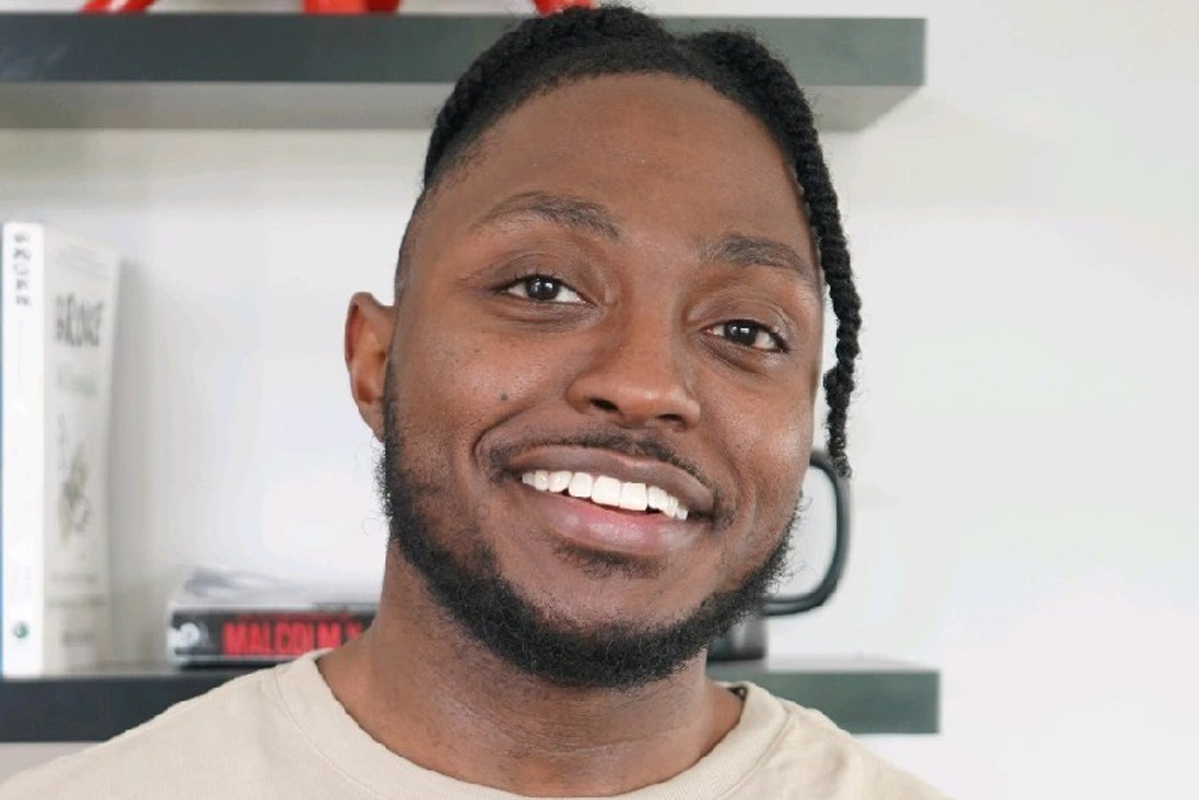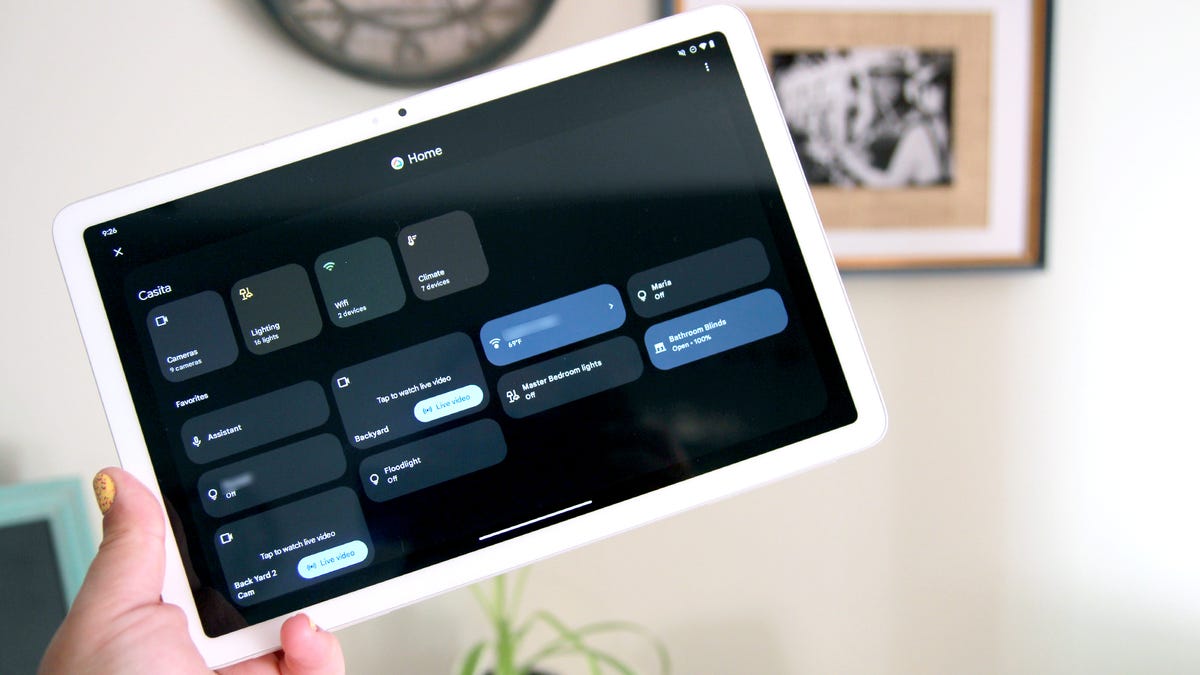Rahmel Bailey, a Seattle-based software engineer at Amazon, has shared his advice for excelling in technical interviews in the tech industry.
At 25, Bailey already has over two years of experience at Amazon, as noted on his LinkedIn profile. He also leads FYJump, a platform that helps early-career tech professionals secure entry-level roles, develop essential skills, and succeed in technical interviews.
FYJump focuses on supporting individuals who lack industry connections and need guidance in breaking into the tech field. Given that almost all software engineering roles involve technical interviews, thorough preparation is crucial.
With extensive experience conducting mock technical interviews and helping clients land tech roles, Bailey offers the following tips for acing technical interviews and achieving career success in tech.
1. Clarify Your Tech Job Goals
Before diving into technical interview preparation, defining your career objectives and pinpointing the specific types of tech jobs you’re targeting is crucial. Preparing for a coding interview at a bank may differ significantly from that at a Big Tech company, so identifying your goals will enable you to create a tailored preparation plan.
2. Master Fundamental Data Structures And Algorithms
Bailey advises aspiring programmers seeking entry-level roles at smaller companies to delve deep into the foundational data structures and algorithms that underpin most technical coding challenges.
He further suggests mastering these eight foundational data structures: arrays, strings, linked lists, hash maps, sets, queues, sorting algorithms, and binary search. He recommends watching YouTube tutorials or enrolling in Google’s free data structures and algorithms course on Coursera to deepen your understanding of these concepts.
Bailey suggests that if you’re aiming for Big Tech companies like Amazon or Google, which often conduct more in-depth technical interviews, you’ll need to delve into advanced data structures and algorithms such as binary search trees and advanced graph algorithms.
You can explore courses, textbooks, or YouTube videos that align with your preferred learning style to acquire proficiency in these areas. However, some job interview questions can be unexpected. For instance, Elon Musk, the CEO of Tesla, recently disclosed that he poses two pivotal questions to aspiring Tesla employees before they can secure a position at the electric vehicle giant.
3. Prioritise Understanding Over Repetition
Leetcode is a widely recognised online platform for coding interview problems. While many advocate solving hundreds or even thousands of questions on Leetcode as the optimal preparation strategy, Bailey believes a deeper understanding of core concepts is more crucial.
Excessive repetition without comprehension can be counterproductive. Bailey advises his clients to adopt a smarter study approach by prioritising understanding over mindless repetition. He also recommends investing as much time as possible in deeply comprehending each problem.
Bailey recommends his clients revisit their solutions and retrace their thought processes to understand how they arrived at the answers. When moving on to new questions the next day, he urges them to return to previous problems and attempt to solve them again.
Additionally, Bailey recommends using Blind 75 and NeetCode as valuable resources for additional practice problems and interview preparation.
You can also explore tips from experts. For instance, Nolan Church, a former Google recruiter, recently highlighted the significance of asking interview questions that demonstrate your dedication to success and enable you to assess if the role aligns with your career goals.
Overcoming The Hurdles Of Live Interviews
While it’s one thing to effortlessly find solutions when practising alone at home with ample time and resources, the live interview environment presents an entirely different challenge. Not only do you need a conceptual grasp of each problem, but you must also articulate your thought process and collaborate effectively with the interviewer within a strict time frame.
Bailey recommends practising mock interviews to bridge the gap between solo problem-solving and the live interview experience. Seek an engineer or friend to conduct a mock interview or watch videos of others undergoing mock interviews online.
Engaging in mock interviews from both the interviewee’s and interviewer’s perspectives can be invaluable. They can provide insights into the dynamics of each role and help you prepare for the real thing.
Even if you’re a brilliant engineer with a deep understanding of each concept, silently coding during an interview won’t fully showcase your abilities. “Even if you’re a brilliant engineer with a deep understanding of each concept, silently coding during an interview won’t fully showcase your abilities,” Bailey says.
A Step-by-Step Guide To Conquering Technical Interviews
Technical interviews last approximately 45 minutes and involve one to five coding questions. After a brief introduction, you’ll be presented with a coding problem.
- Initially, ask the interviewer clarifying questions to understand their requirements precisely. Depending on the problem, inquire about data size, potential empty data scenarios, and edge cases—unlikely but possible situations to anticipate. Clearly articulate your assumptions to ensure a shared understanding with the interviewer.
- Next, you can present a basic solution that may not be the most efficient, followed by a more optimised solution tailored to the specific requirements. Throughout this process, articulate your thought process and visually represent your approach in pseudocode or plain English.
- The interviewer might provide feedback or suggestions until you arrive at a mutually agreed-upon solution. At this point, begin coding and verbalise your steps as you proceed.
- Once your code is complete, test it using the provided example data or by implementing an assertion test, a function designed to verify the correctness of your code.
- Finally, explain your solution comprehensively, highlighting its advantages and potential trade-offs.
It’s important to remember that there isn’t always a single correct answer in engineering. The field is about weighing pros and cons and determining the best solution for a given situation. While the interview process can be challenging, dedication to learning and seeking support from others will undoubtedly lead to success.







